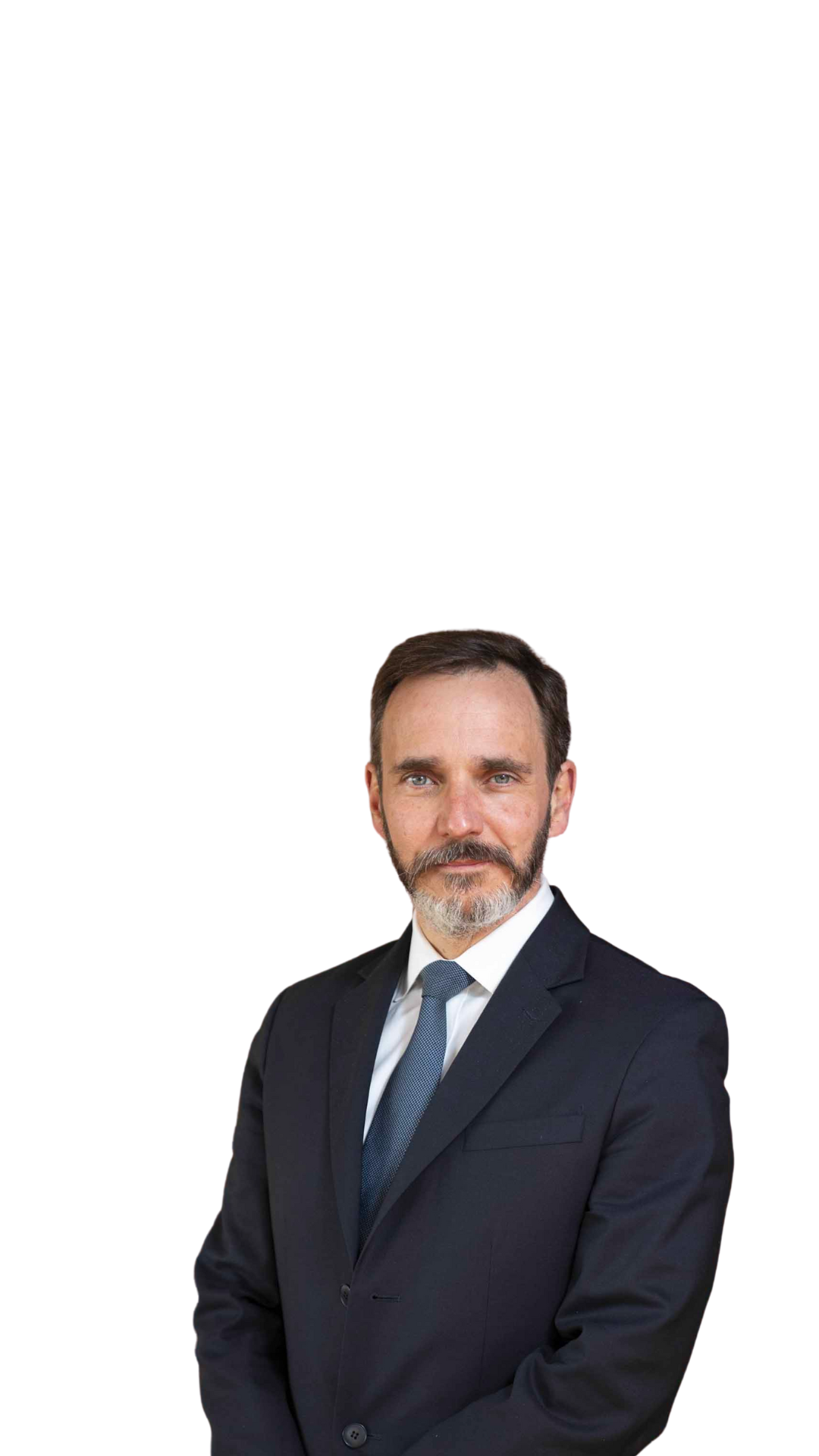
IMF ANNUAL Meetings Update | OCTOBER 11, 2022
In our recap for Tuesday, October 11, we highlight the IMF’s latest World Economic Outlook including a cut to next year’s growth forecast, risks to global financial stability, dealing with debt restructuring, Europe’s energy crunch, inflation expectations, and more.
Global Economy Faces Steep Challenges
The global economy faces steep challenges as the world’s three-largest economies continue to stall and the worst is yet to come, the IMF’s chief economist told a press conference on the latest World Economic Outlook (WEO). Pierre-Olivier Gourinchas said inflation pressures were proving more persistent than anticipated and rapidly rising prices are causing serious hardship for households almost everywhere, particularly the poor.
The IMF left its global growth forecast for 2023 unchanged at 3.2%, but lowered next year’s projection by 0.2 percentage points from July’s outlook to 2.7%.
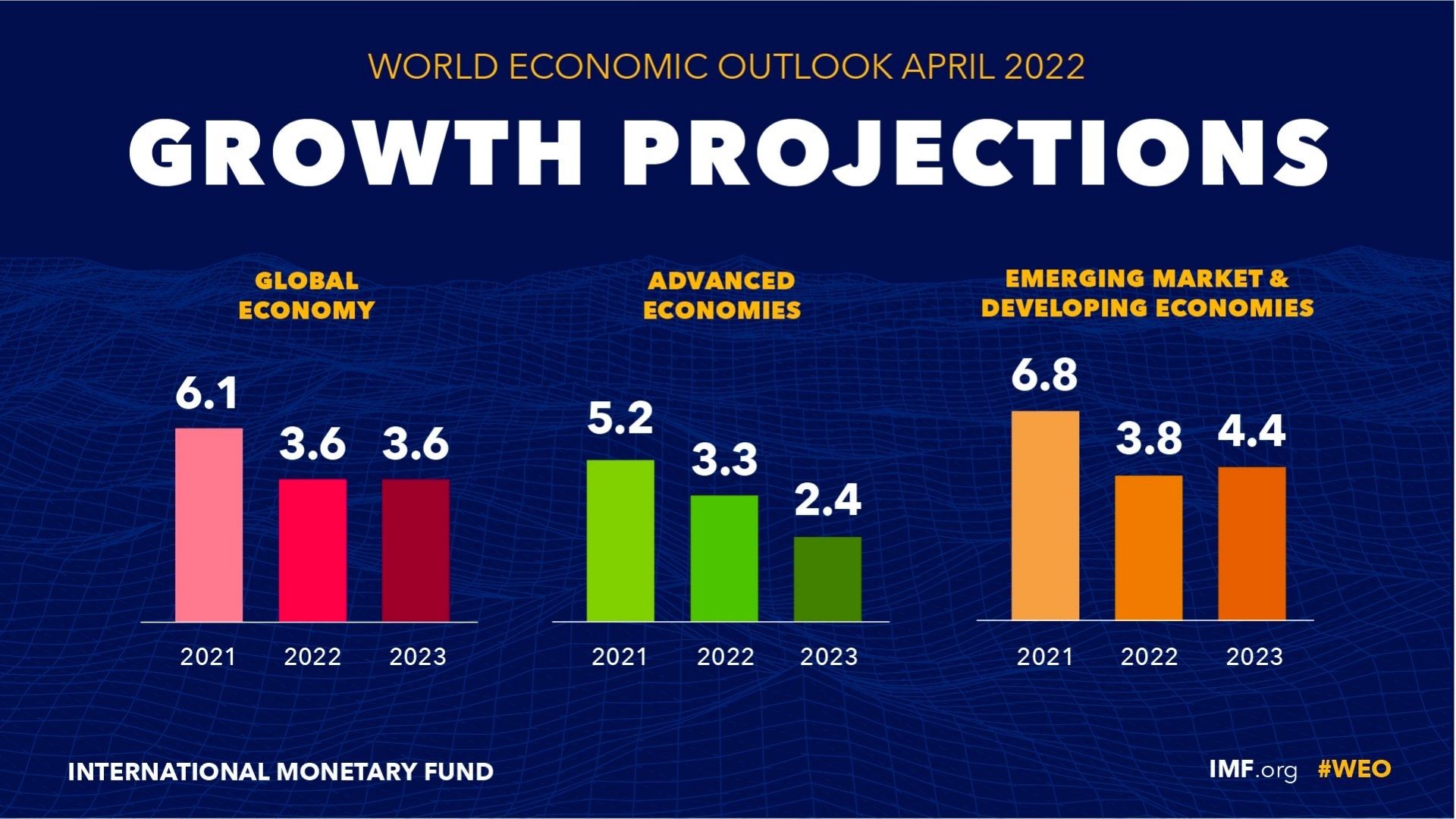
Policy tradeoffs have become acutely challenging as inflation extends beyond food and energy, with risks that over-tightening could tip the global economy into an unnecessarily severe recession while under-tightening could further entrench inflation, Gourinchas said.
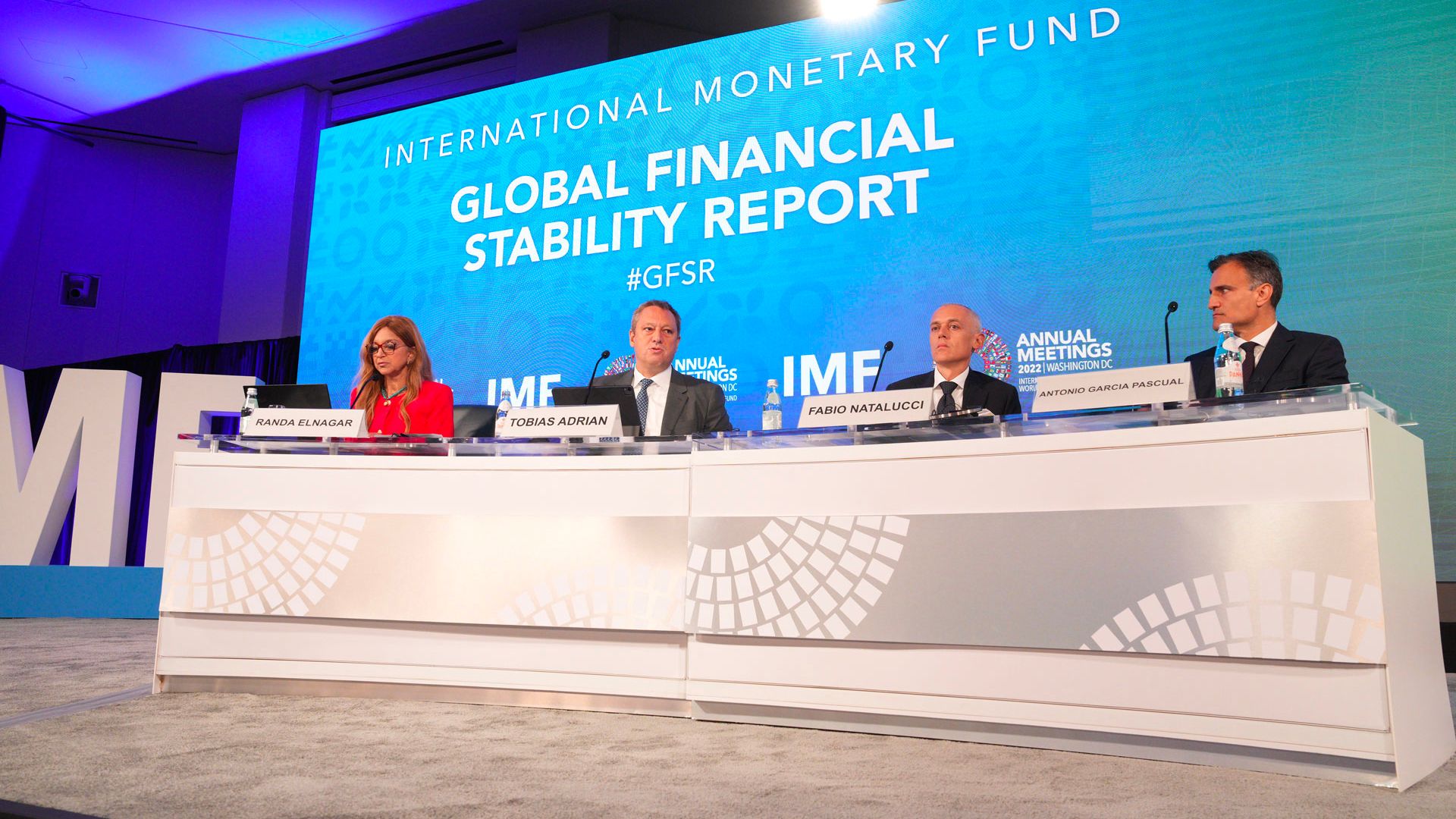
Financial Stability Risks Rising
Amid the highest inflation in decades and extraordinary uncertainty, markets have been extremely volatile, and financial conditions have continued to tighten globally, said the IMF’s financial counselor Tobias Adrian at a press conference on the latest Global Financial Stability Report (GFSR). With conditions worsening in recent weeks, key gauges of systemic risk have risen. There is a risk of a disorderly tightening in financial conditions that may interact with preexisting vulnerabilities.
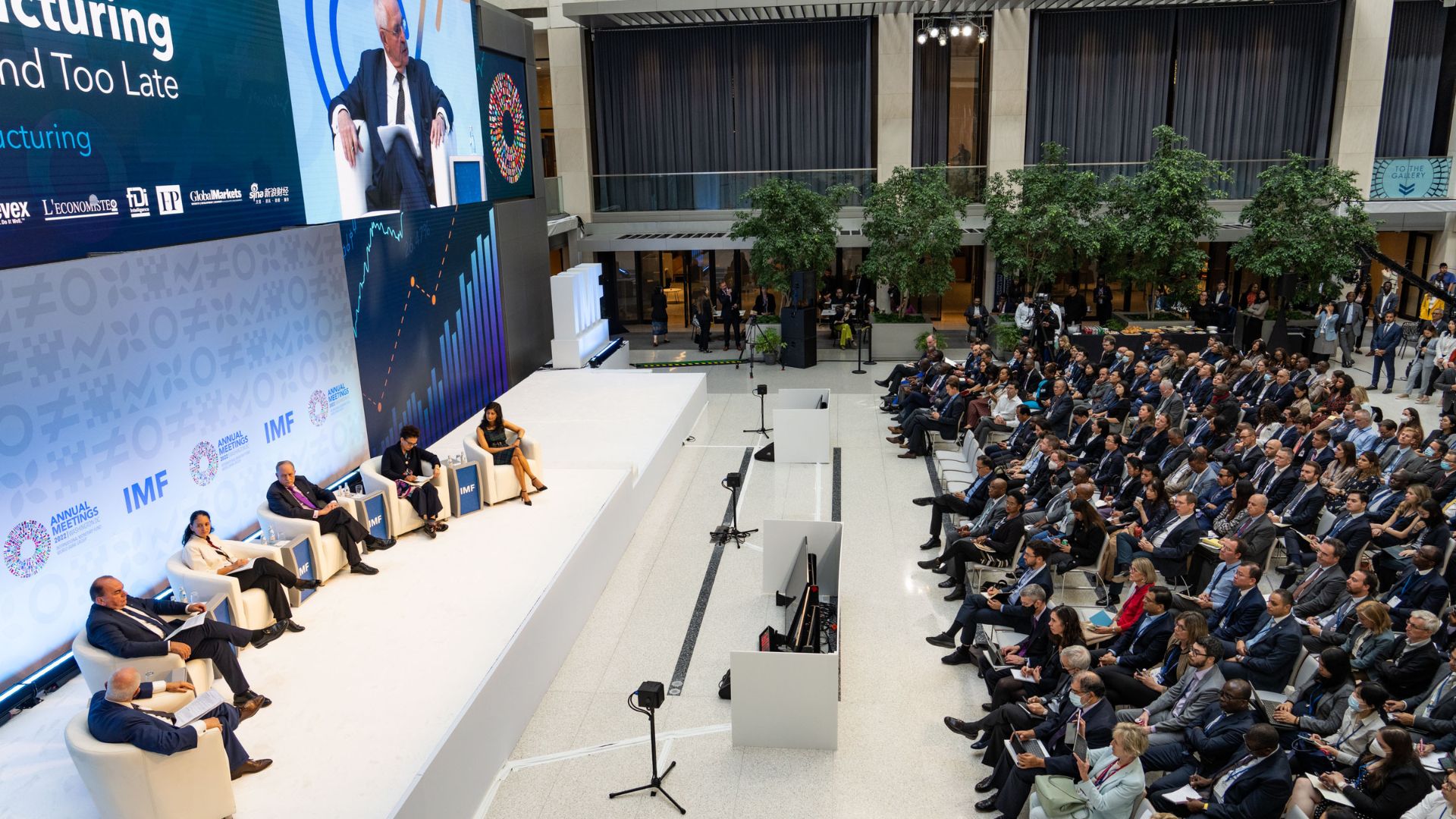
How to Deal with Debt Defaults
The painful process of debt restructuring must become more coordinated and transparent if global institutions are to cope with a wave of defaults, panelists told a high-profile IMF seminar chaired by the FT’s Martin Wolf. Around 60% of low-income countries and around 25% of emerging markets are either in debt distress already or at high risk of debt distress. “Debt was seen as an easy way out,” Axel Weber of the Center for Financial Studies told the seminar, because everyone thought interest rates would stay low."It's scandalous that public debt is not publicly known," said Georgetown University’s Anna Gelpern.
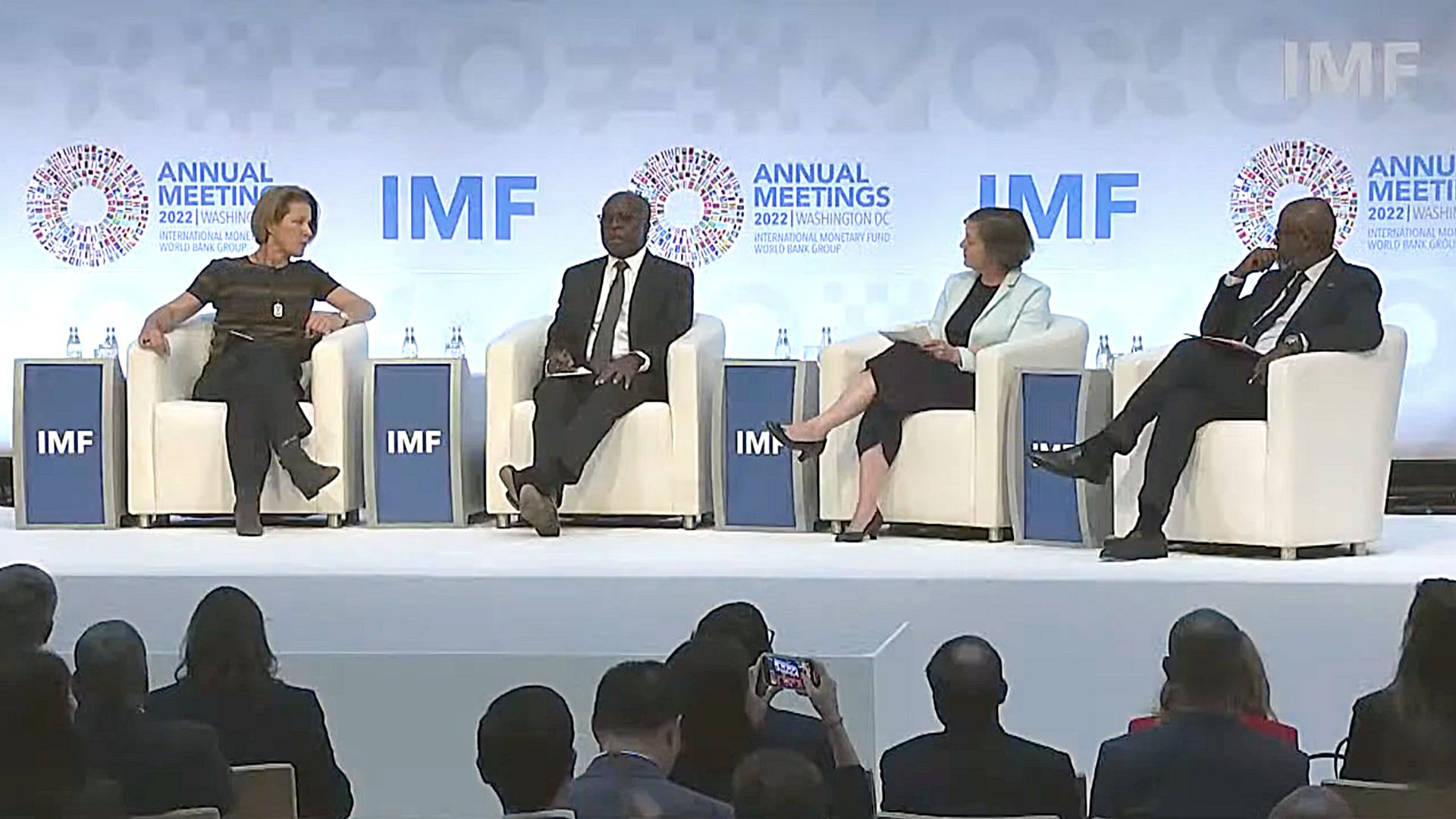
Social Contract in Times of Crises
4 billion people have no social protection, according to the International Labor Organization. The ILO Director-General, Gilbert Houngbo, told panelists at an IMF seminar that four times as many jobs were lost during the COVID-19 pandemic as the global financial crisis, “placing additional pressures on already stretched and indebted households.” With prices rapidly rising, cash-strapped governments will have to strike a balance between policies to tackle inflation and growth. “The social contract agenda,” said University of Michigan professor Justin Wolfers, “is ultimately undergirded and paid for by economic growth.” The decline in development assistance and rise in debt make it harder for governments to provide the support that’s needed.
Number of the Day
2.7%
economic growth
The IMF has cut its forecast for global growth in 2023 by 0.2 percentage points to 2.7% as the world’s three-largest economies continue to stall.
Learn more
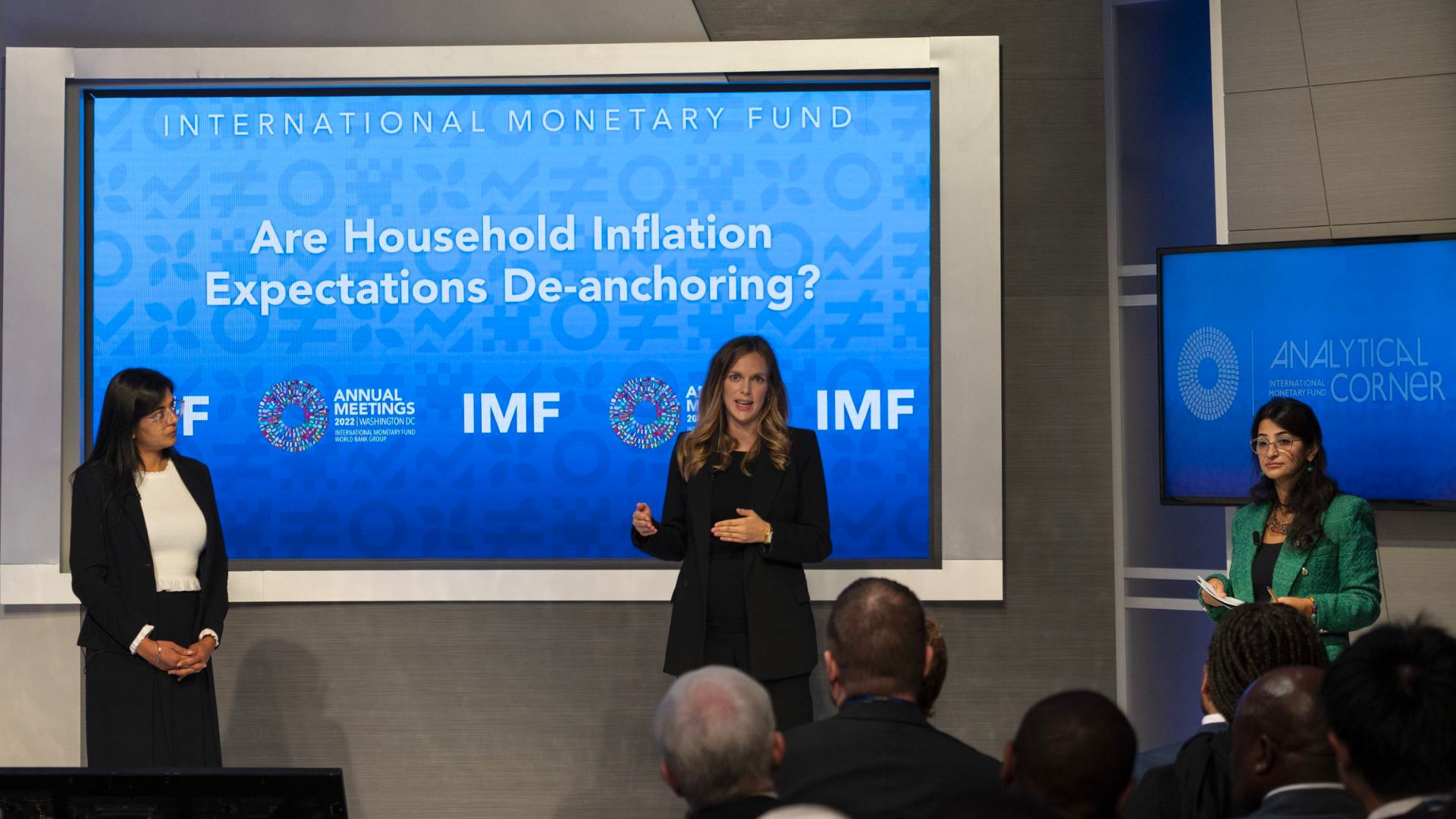
Household's Inflation Expectations
Recent research suggests that household inflation expectations provide important information on future inflation, even beyond information contained in inflation expectations by other market participants. Looking into whether household inflation expectations are de-anchoring, the IMF’s Gurnain Pasricha and Julia Otten told an Analytical Corner that recent moves in the 5-year expectations for the US, UK and Germany may be particularly concerning.
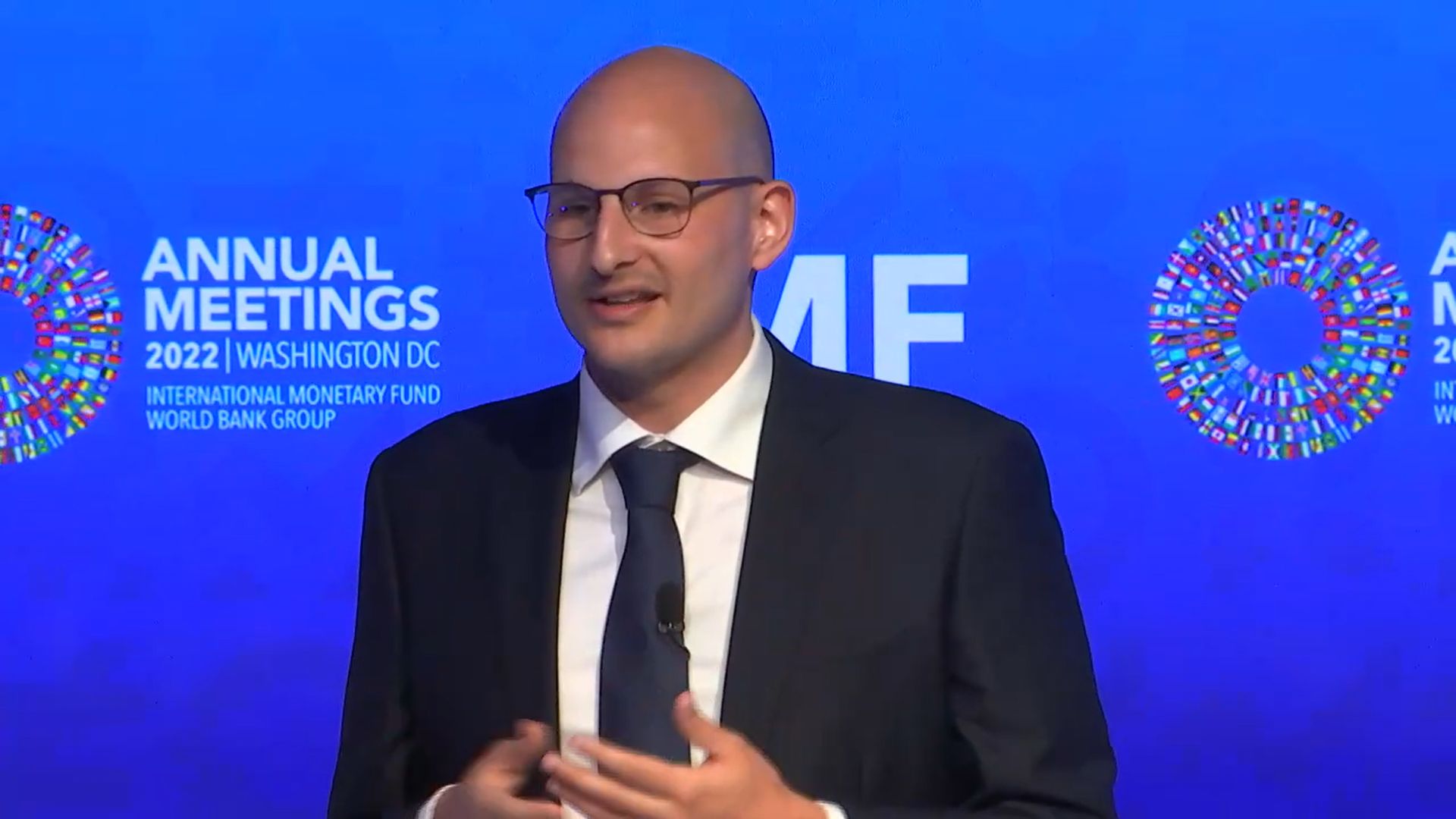
Ukraine Refugees
Russia’s invasion of Ukraine has led to the largest displacement in Europe since World War II. More than 7.5 million refugees from Ukraine are currently in Europe. Several important lessons can be drawn from the treatment and management of the Ukraine refugee crisis in Europe given the rate at which the refugee crisis is growing across the world, the IMF’s Nicolo Bird told an Analytical Corner. "The response by European countries shows that a more coordinated and effective refugee policy is possible when there is political will,” said Bird.
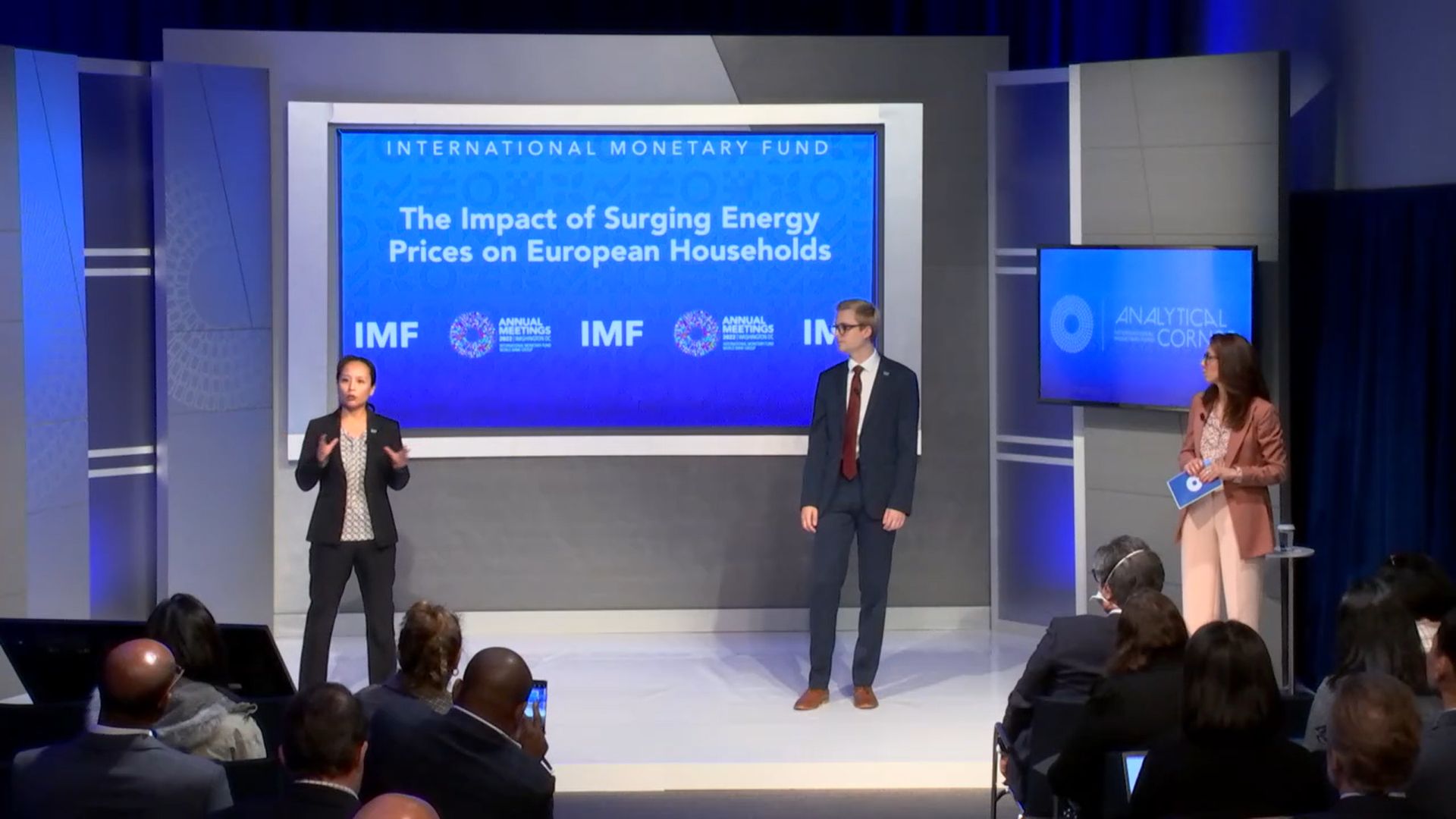
Europe's Energy Crunch
Surging energy prices in Europe have increased the cost of living by around 10% in Denmark, Estonia and the United Kingdom and 5% in France, Hungary, and Spain this year. The IMF’s Aiko Mineshima and Simon Black told an Analytical Corner that suppressing energy prices will worsen the current crisis; instead policymakers should take measures to compensate vulnerable people directly. This could include income support, fixed discounts on fuel bills, or targeted cash transfers.
BEHIND-THE-SCENES

Panelists of the IMF Seminar: Debt Restructuring: Why Too Little and Too Late pose for a group picture.

A security officer stands outside a doorway of HQ1 during the 2022 Annual Meetings at the International Monetary Fund.

G-24 Deputies Meeting during the 2022 Annual Meetings at the International Monetary Fund.
Upcoming Events
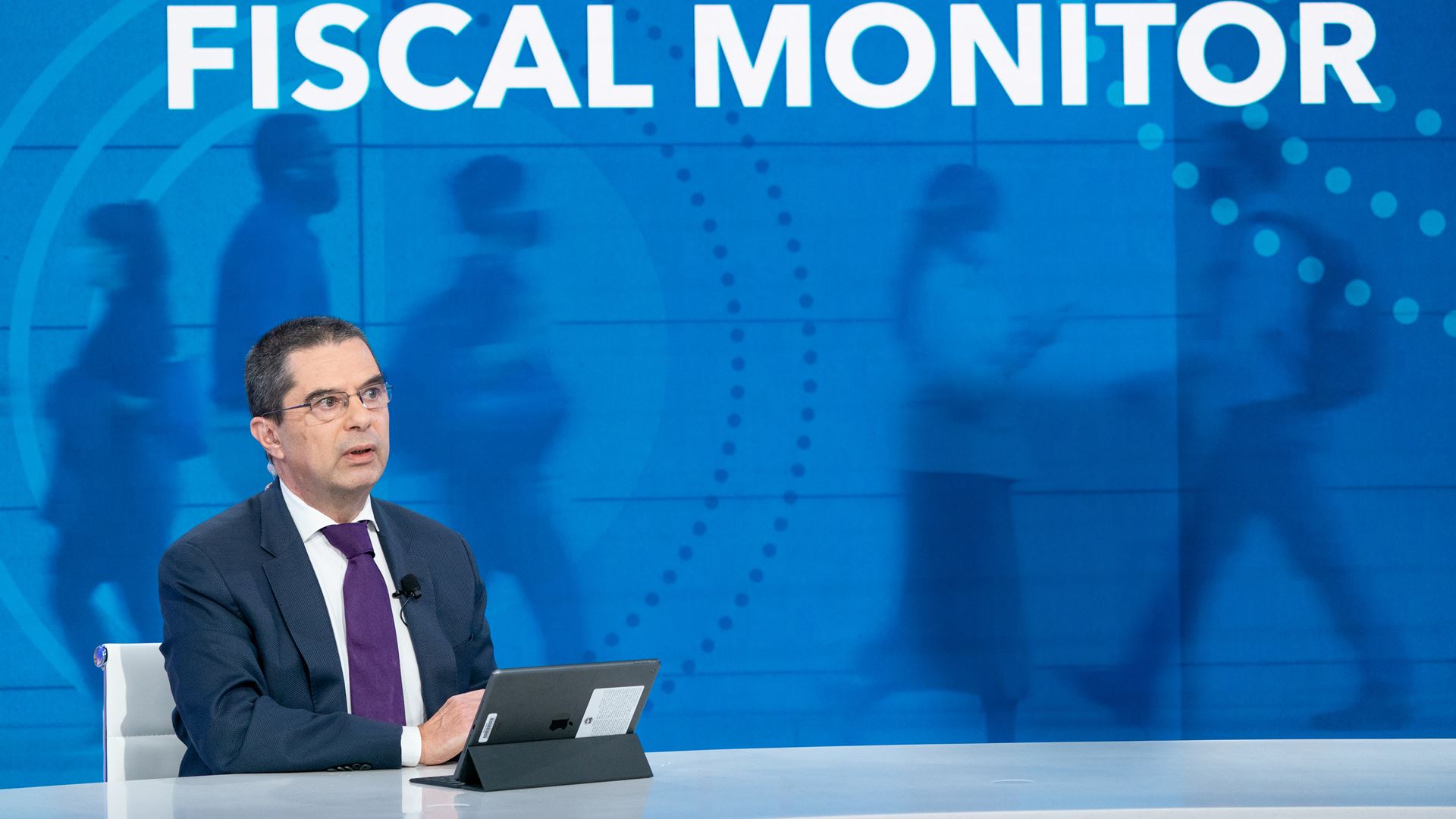
IMF Press Briefing: Fiscal Monitor
Presentation on the latest forecast for the global economy.
Event Details
IMF Seminar: Policies for People: Inclusive Choices Under Tight Budgets
This panel will explore options to support inclusive policies in the context of limited fiscal space.
Event Details
IMF Seminar: Getting to Net Zero with IFIs and Multilateral Partnerships
Representatives from key multilateral institutions describe how they collaborate on climate issues.
Event Details


